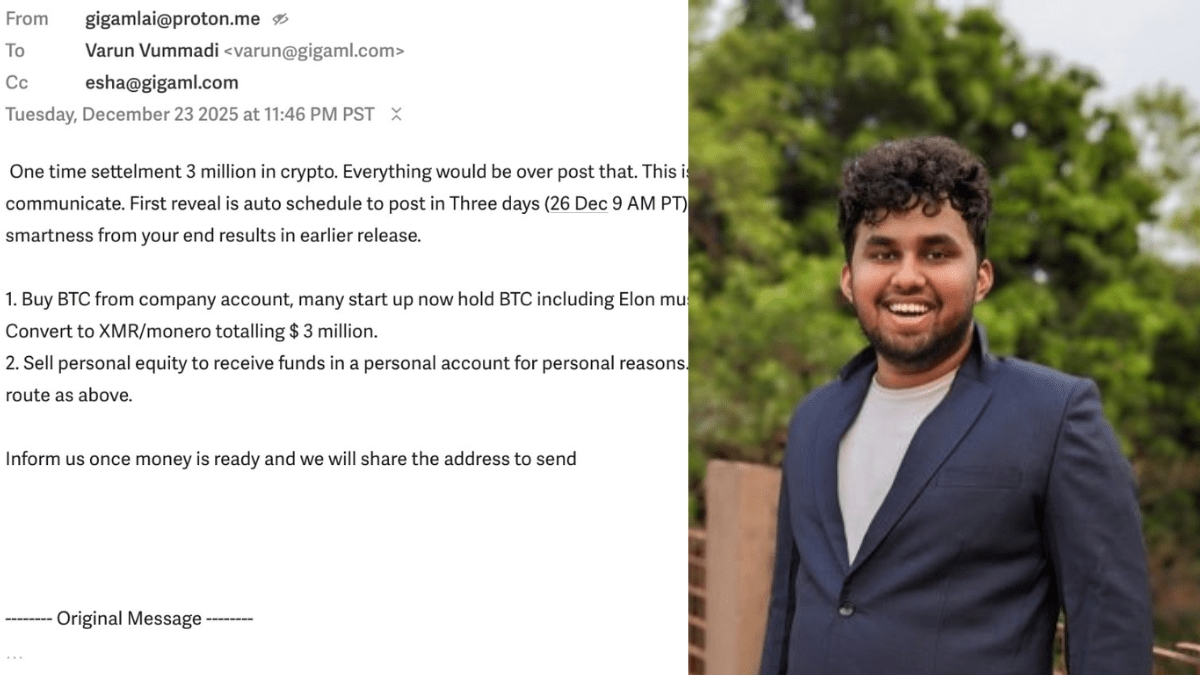The Indian pharmaceutical industry’s contract manufacturing business is likely to double over the next three years as the US paves way for its Biosecure Act that aims to prohibit US federal government bodies from sourcing equipment and services from Chinese pharma companies.
“With the likely shift in manufacturing from China to India, the contract manufacturing segment will double in the next three years whereas the contract research segment is set to triple over the same time,” said head of a pharma industry association.
Experts said that the introduction of Act by the US will further accelerate the growth of CDMOs (contract development and manufacturing organisations) and CROs (contract research organisations) in India. For instance, as per Mordor Intelligence, the contract manufacturing segment is estimated at $22.51 billion in 2024, and is expected to reach $44.63 billion by 2029, growing at a CAGR of 14.67%. Similarly, the CRO segment in India has been growing at a CAGR (compounded annual growth rate) of 10.75% and will reach $2.5 billion by 2030, as per the department of pharmaceuticals.
“CDMO segment is already well-developed in India, but this move will act as a big catalyst for the industry, and speed up the overall growth,” said spokesperson at a major contract manufacturer.
At present, China’s CDMO industry commands 8% global market share compared to India’s 2.7%. Experts said that the Act presents a significant opportunity for the domestic pharma industry to dent China’s share. Some reports suggest that Indian companies are already getting increased inquiries from US companies with over 60% of Indian pharma firms reporting a rise in new business interest.
However, some experts said that the Act does not guarantee a windfall for the local players as countries like Ireland and Singapore can give tough competition. “While there are about 120 drug projects in the US that are under various stages of development that could be impacted due to past Chinese involvement; transitioning these complex collaborations takes time. The grandfathering clause in the Act, which allows existing contracts with China to continue until 2032, provides some preparation time but delays immediate financial gains,” said Mohan Ramaswamy, co-founder and CEO of Rubix Data Sciences.
Nevertheless, the Indian companies have their own advantages. For instance, major CDMOs like Cipla and Syngene are cost-effective and have a skilled workforce. Plus, the Indian government has been offering grants and loans to boost the sector. “Overall, the Biosecure Act could be a potential game-changer for the Indian CDMO space, but it demands significant investment in infrastructure and talent to handle the influx of projects. With strategic planning and careful execution, India can capitalise on this opportunity and become a major player in the global pharmaceutical landscape,” said Ramaswamy.







